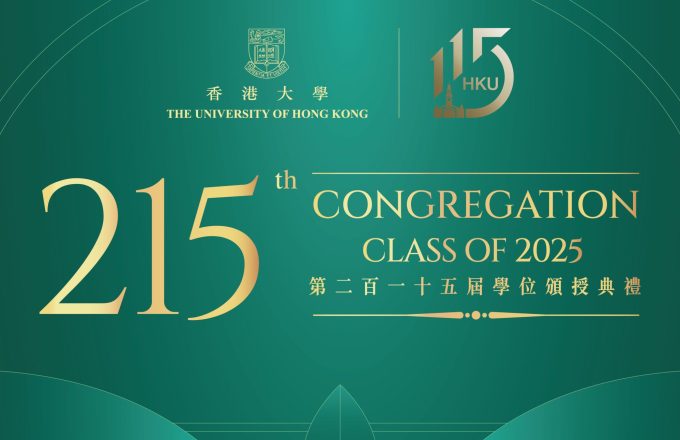
Revisiting Mass Action Incidents in Late Qing China, 1902-1911
Revisiting Mass Action Incidents in Late Qing China, 1902-1911
The Qing state launched the ‘new policy’ reform during the first decade of the 20th century. This ambitious and profound reform unexpectedly led to an increasing number of mass action incidents nationwide, ultimately bringing an end to China’s imperial regime. When assessing mass actions during this precarious decade, previous studies often connect them to the tenacious efforts of revolutionaries aiming to overthrow the empire. However, such leftist narratives overemphasize ideology and neglect socioeconomic forces. Therefore, Hanzhi Deng of Fudan University proposes that radical fiscal and social transitions pe se accounted for the pattern of mass action incidents in the context of fiscal-administrative decentralization.
Hanzhi Deng makes a quantitative breakthrough by establishing a panel dataset of 266 prefectures over 10 years. He collects data on ‘new policy’ progress and mass action incidents from various sources, such as chronologies, fiscal statistics, and other compilations. To overcome endogeneity, he introduces a difference-in-differences (DID) design. He considers the intensity of ‘new policy’ preparation as treatment and explores the pre-1908 and post-1909 changes in mass action incident numbers in prefectures with different levels of ‘new policy’ preparation. The DID estimates find a robust positive association between the frequency of mass action incidents and the intensity of ‘new policy’ preparation.
During this lecture, Hanzhi Deng examines relevant mechanisms, such as how state expropriation of previous civil properties and the rising inequality in the distribution of new public goods caused pervasive resentment. In short, this work contributes to the political economy literature and offers a path to understanding social movements from a fiscal-sociological perspective.
Date: November 20, 2025
Time: 12:30 – 14:00
12:30 (Hong Kong/Beijing/Singapore)
23:30 (-1, New York)|20:30 (-1, Los Angeles)|04:30 (London)|13:30 (Tokyo)|15:30 (Sydney)
Language: English
The Quantitative History Lecture Series is substantially supported by the Areas of Excellence (AoE) Scheme from the Research Grants Council of the Hong Kong Special Administrative Region, China (Project No. [AoE/B-704/22-R]).







